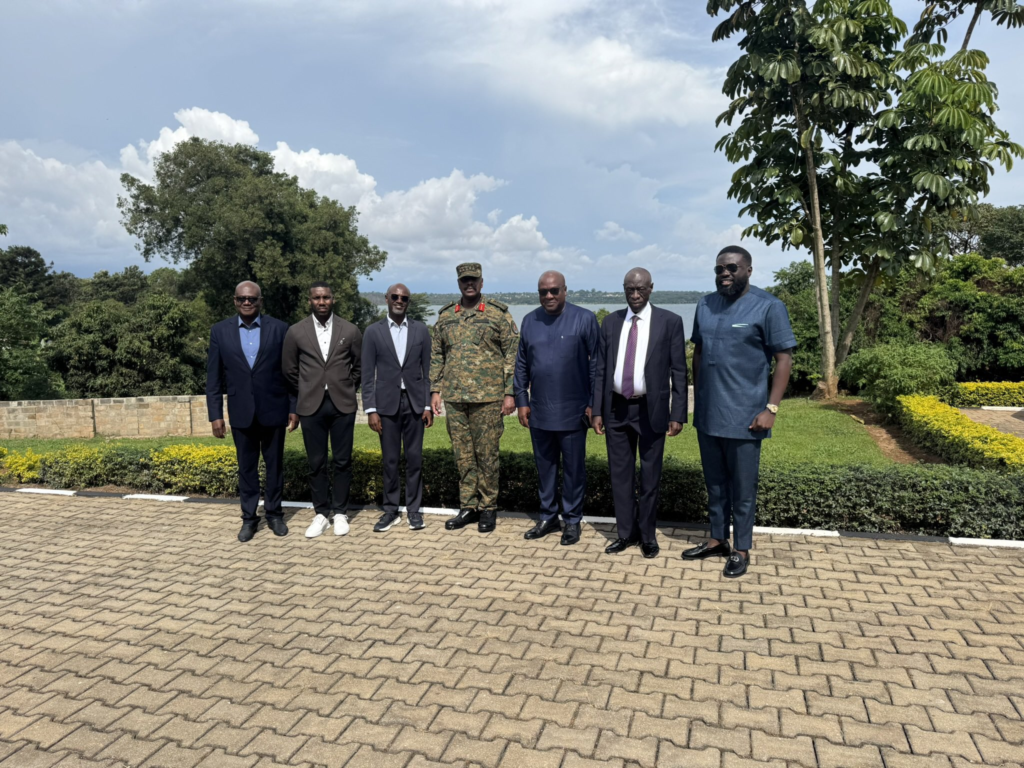Minister Okello Oryem Defends Uganda’s Decision to Join BRICS

The Minister of State for Foreign Affairs, Henry Okello Oryem, has defended Uganda’s decision to join BRICS, citing shifts in the global order where the United States and European Union unilaterally impose sanctions on other nations, often without United Nations resolutions while appearing before Parliament’s Foreign Affairs Committee to present the 2025/26 Budget Framework Paper

Minister of State for Foreign Affairs, Henry Okello Oryem defended the country’s decision to join BRICS, highlighting changes in the global order where the US and EU impose sanctions on nations without UN resolutions. He made these remarks while presenting the 2025/26 Budget Framework Paper to Parliament’s Foreign Affairs Committee on January 13, 2025.
His comments were prompted by Kyadondo East MP, Muwada Nkunyingi, who sought clarity on the circumstances surrounding Uganda’s BRICS membership and whether it involved financial obligations.
Muwada questioned, “It was widely reported that Uganda joined BRICS recently. We need to understand the process behind this decision, any financial implications, and how Uganda selects its international memberships, especially since subscription fees are often required.”
Established in 2009 by Brazil, Russia, India, and China as BRIC, the group initially focused on promoting investment opportunities among emerging economies. South Africa joined in 2010, expanding the bloc to BRICS.
Since then, it has grown to include ten members: Brazil, Russia, India, China, South Africa, Egypt, Ethiopia, Indonesia, Iran, and the United Arab Emirates. Often seen as an alternative to the G7, BRICS emphasizes principles of non-interference, equality, and mutual benefit.
Minister Oryem explained that Uganda’s BRICS membership was prompted by global shifts where sanctions have been imposed without UN backing. He clarified that Uganda is only obligated to comply with UN sanctions under international law, yet recent trends have seen unilateral sanctions enforced by Western powers.
However, Muwada challenged this stance, emphasizing the importance of parliamentary involvement in decisions of such magnitude. “While I agree with the need for Uganda to participate in key international organizations, the process must be clearly defined. Parliament should be informed or consulted, especially for decisions involving strategic international alignments like BRICS,” he argued.
During the same committee meeting, Oryem also defended the Bank of Uganda’s (BOU) decision to start purchasing gold locally, arguing it was a safeguard against potential Western sanctions.
“We are developing a policy paper for the BOU to start procuring gold reserves domestically, reducing our dependence on foreign reserves. With around $4 billion in foreign reserves, Uganda risks economic destabilization if the US imposes sanctions and freezes these assets,” Oryem said.
His remarks follow the BOU’s December 2024 release of new guidelines for purchasing gold locally to ensure the integrity of the process.
The 2023 BOU annual report indicated Uganda’s foreign reserves had slightly decreased from $4.08 billion in 2022 to $4.07 billion in 2023, covering 4.15 months of imports.
The central bank hopes that buying local gold will help reduce Uganda’s trade deficit and reliance on foreign reserves, enhancing economic stability.







